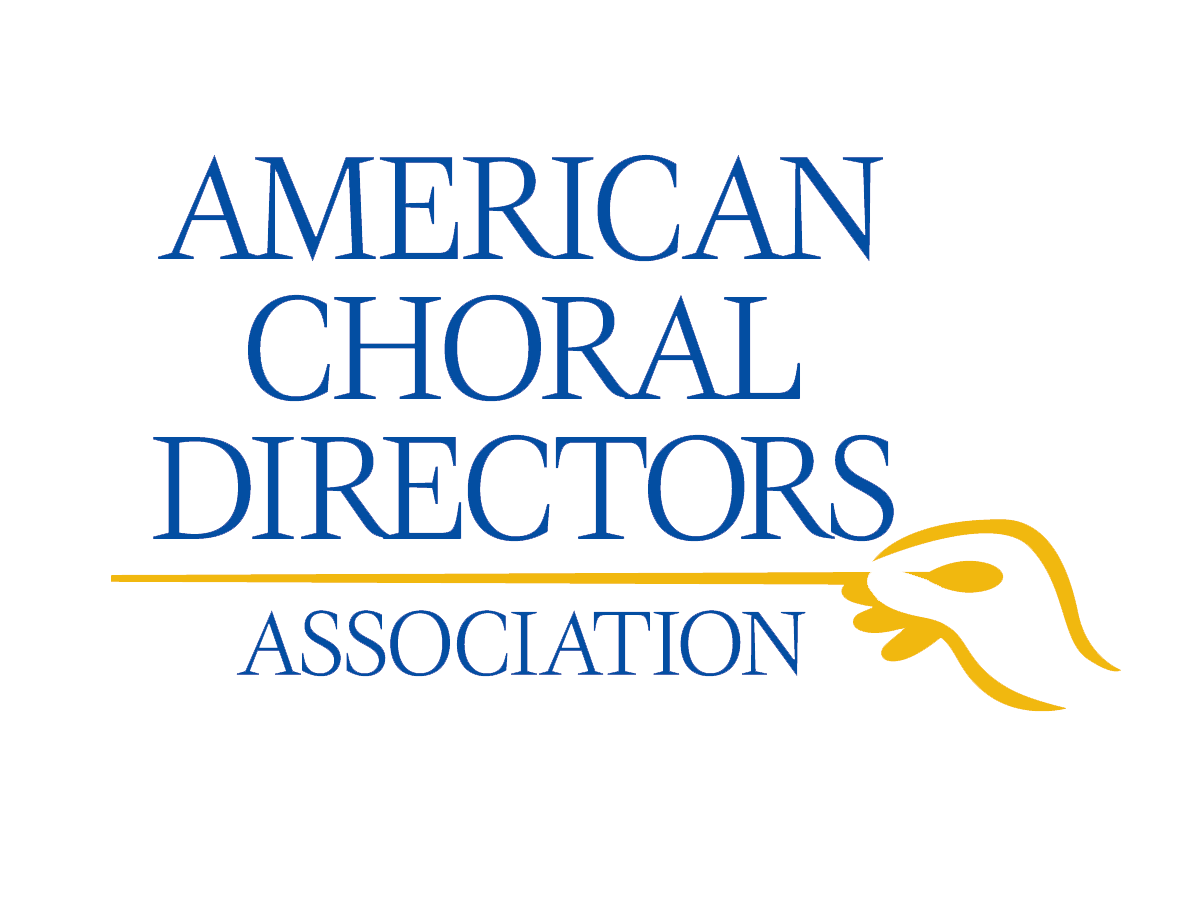The purpose of this descriptive study was to examine music teachers’ perceptions of nonverbal conducting technique items based on their classroom choral teaching experiences. One hundred and fifty classroom choral music educators (N = 150) participated in this study. I employed two procedures. First, using a seven-point Likert-type scale, participants rated 15 nonverbal conducting technique […]
Sample Page
Real Voices, Virtual Ensemble 2.0: Perceptions of Participation in Eric Whitacre’s Virtual Choirs
The purpose of this study was to examine perceptions of participation in Eric Whitacre’s virtual choirs among mostly amateur singers (N = 312) from 31 countries and answer four researchquestions: (a) What did participants gain from their participation? (b) What did they learn abouttheir voices and themselves as performers? (c) What were their perceptions of […]
Male adolescents’ narratives about their choral (non)participation in public secondary music schools of Greece
The purpose of the present study was to investigate boys’ views about their participation insecondary school music ensembles with emphasis on the factors which influenced their decisionwhether to join school choirs. To fulfill this aim, the researcher conducted individual semi-structured interviews with 17 boys, students and graduates of two provincial public secondary music schools in […]
Assessment in the Choral Classroom: A Case Study of a Secondary Choral Program
Assessment in the large choral ensemble classroom continues to be a widely examined topicamong music education practitioners and scholars. Scholars have dedicated a significant body ofresearch to identifying and examining the assessment practices of music educators (Denis, 2016; McQuarrie & Sherwin, 2013) However, due to their design, a number of the studies did not thoroughly […]
Validating and Piloting a Choral Educator Questionnaire: The Use of Culture Bearers and Pedagogical Implications of Singing in Multiple Timbres
Many educators strive to enact culturally relevant practices by introducing repertoire of various cultures and genres. One major barrier to this implementation includes the variety of vocal sounds inherent in traditions outside those generally presented in choral environments within the United States of America. In this study, I validated and piloted a choral educator questionnaire. […]
October 2000
Download the complete issue Articles Sacred Bridges by Joshua Jacobson A Conversation with William Ferris (1937-2000): An Insight into the Man and the Musician by Lyle Stone Reflections on the 23rd Annual Conference of Chorus America by Barbara Tagg Orchestral Repertoire for Treble Voices by Barbara Tagg and Jean Ashworth Bartle A List of Activities […]



